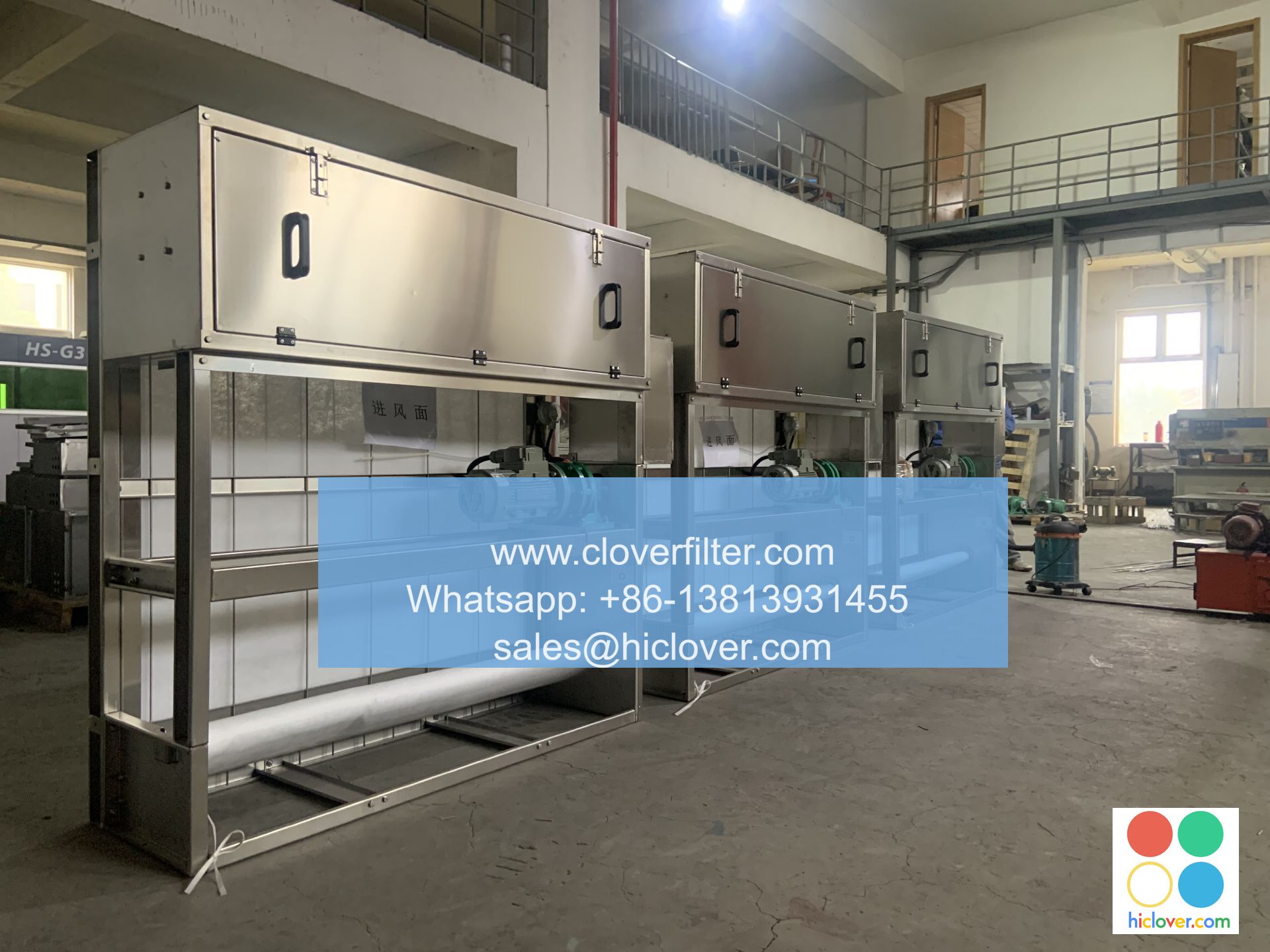Filtering the Future: How Air Filter Partnerships Are Shaping the Industry

The air filter industry is undergoing a significant transformation, driven by the increasing demand for clean air and the need for sustainable solutions. At the forefront of this revolution are air filter partnerships, which are redefining the way companies design, manufacture, and distribute air filtration systems. In this article, we will explore the impact of these partnerships on the industry, highlighting various application areas, such as indoor air quality (IAQ), heating, ventilation, and air conditioning (HVAC), and air pollution control.
The Rise of Strategic Partnerships
In recent years, the air filter industry has witnessed a surge in strategic partnerships between manufacturers, suppliers, and end-users. These collaborations are driven by the need for innovative solutions, improved efficiency, and reduced costs. By partnering with other companies, air filter manufacturers can leverage each other’s expertise, resources, and technologies to develop high-efficiency particulate air (HEPA) filters, ultra-low penetration air (ULPA) filters, and other advanced filtration systems. These partnerships are not only shaping the industry but also enabling companies to tap into new markets, such as industrial air filtration, commercial air filtration, and residential air filtration.
Application Areas: Where Air Filter Partnerships Are Making a Difference
Air filter partnerships are having a significant impact on various application areas, including:
* Indoor Air Quality (IAQ): Partnerships between air filter manufacturers and HVAC companies are leading to the development of more efficient and effective IAQ systems, which are essential for maintaining clean air and healthy indoor environments.
* Heating, Ventilation, and Air Conditioning (HVAC): Collaborations between air filter manufacturers and HVAC companies are resulting in the creation of more sustainable and energy-efficient HVAC systems, which are critical for reducing energy consumption and greenhouse gas emissions.
* Air Pollution Control: Partnerships between air filter manufacturers and companies specializing in air pollution control are driving the development of innovative solutions for reducing particulate matter (PM), nitrogen oxides (NOx), and other harmful pollutants from industrial and commercial sources.
Key Benefits of Air Filter Partnerships
The benefits of air filter partnerships are numerous and far-reaching. Some of the key advantages include:
* Improved Efficiency: Partnerships enable companies to develop more efficient air filtration systems, which reduce energy consumption and operating costs.
* Increased Innovation: Collaborations between companies lead to the development of new and innovative air filtration technologies, such as nanofiber filters and bio-based filters.
* Enhanced Sustainability: Air filter partnerships are driving the development of more sustainable air filtration solutions, which reduce waste and environmental impacts.
* Better Customer Service: Partnerships enable companies to provide better customer service, including customized solutions and technical support.
Conclusion
In conclusion, air filter partnerships are shaping the future of the industry, driving innovation, efficiency, and sustainability. By collaborating with other companies, air filter manufacturers can develop more effective and efficient air filtration systems, which are essential for maintaining clean air and healthy environments. As the demand for clean air continues to grow, the importance of air filter partnerships will only continue to increase, enabling companies to tap into new markets and application areas, such as industrial air filtration, commercial air filtration, and residential air filtration. You haven’t provided a question or topic for me to address. Please provide more context or ask a specific question so I can give you a helpful and accurate response.

